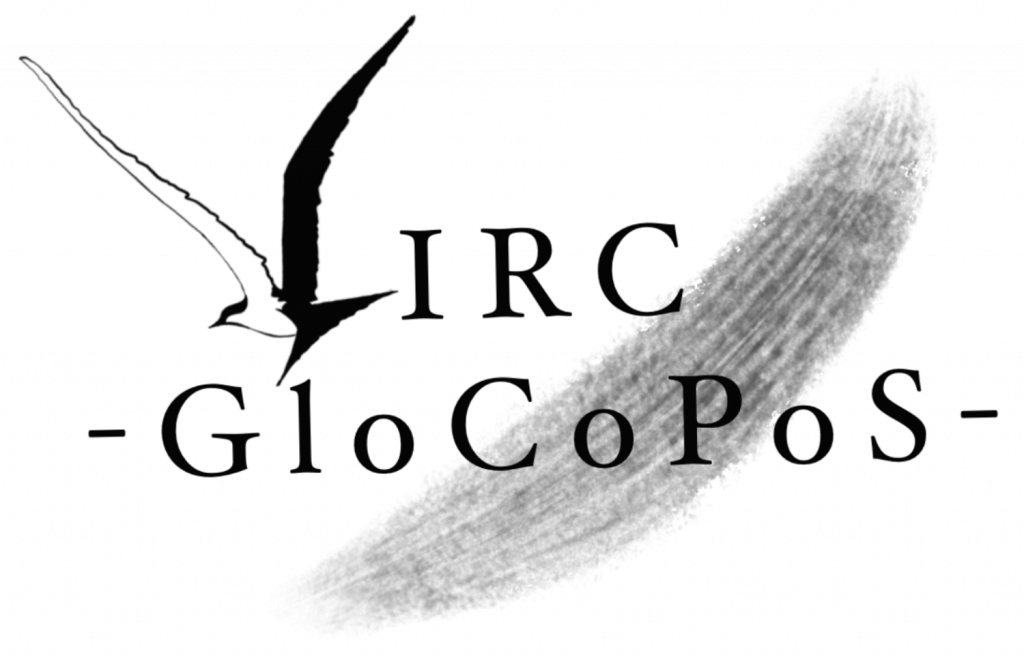In the 2016 ‘International Yearbook of Adult Education’, John Field, Klaus Künzel and Michael Schemmann shared their reflections on theory, methodology and future developments of what construed as International Comparative Adult Education, a field of academic and policy research. Reconstructing its past developments since the work of Jullien de Paris, celebrated as an ancestor, and thorough three evolutionary phases until its apparent demise in present days, the authors present a rather convincing historical account. This narrative distinguishes between a pre-foundation or ‘bridging’ phase (1900-30), a foundation phase (post World War II to the late 1960s), and an institutionalisation phase (1970s onwards). Yet when reaching the XXI century as a turning point, the authors claim “it poses the question of what is understood as comprising international comparative adult education research” (Field, Künzel & Schemmann 2016, p. 110). Accordingly, they purposely open for colleagues to join into the dialogue. Such an invitation is too stimulating to be left unanswered, yet the stimuli provided by Field, Künzel and Schemmann (Ibid.) are manifold. Albeit appreciative of their contribution as a whole, I agree as well as disagree when it comes to different statements and arguments they put forward, including in what offered as ‘theses’ for further debate. Accordingly, a point-by-point response, though in principle possible, may not be the most fruitful response. In this contribution, I thus focus on and discuss a few aspects that I believe of special interest, and around which this paper is structured. First, I address the labelling of the research field as International Comparative Adult Education so as to tease out the complexities embedded in pairing terms and concepts in adult education scholarship that adopts a comparative perspective or mind-set. Reflecting on the terms used in framing a research field provides an opportunity to supplement research and reflections on the way research fields, in the Bourdieusian sense of social (and academic) milieus, are deliberately or accidentally construed (see among others: Milana et al. 2017; Nylander, Österlund & Fejes 2017; Rubenson & Elfert 2015).

